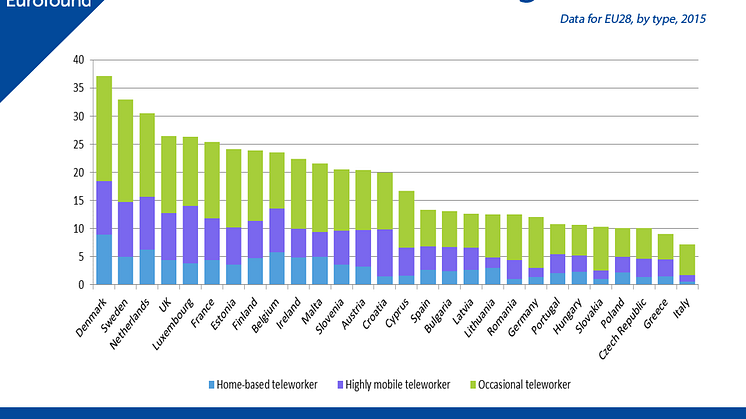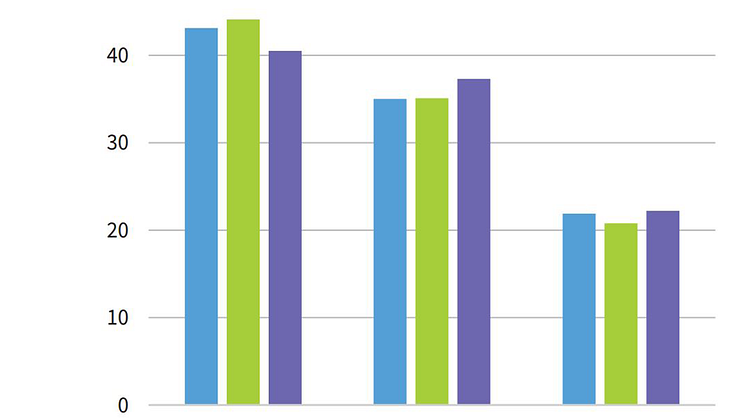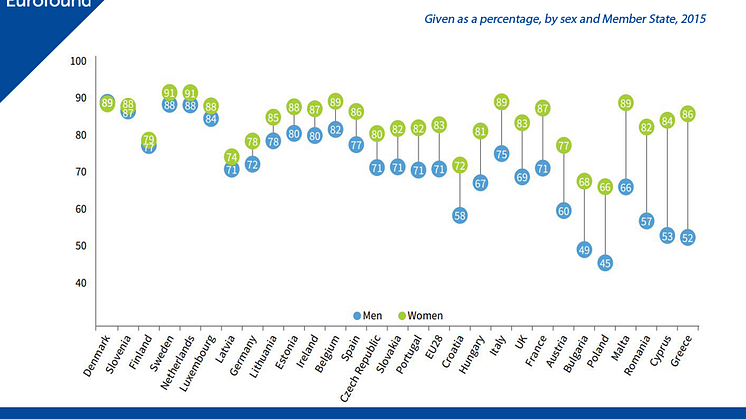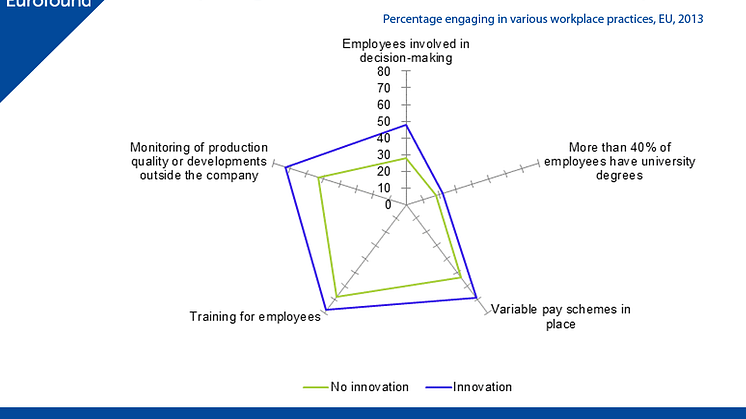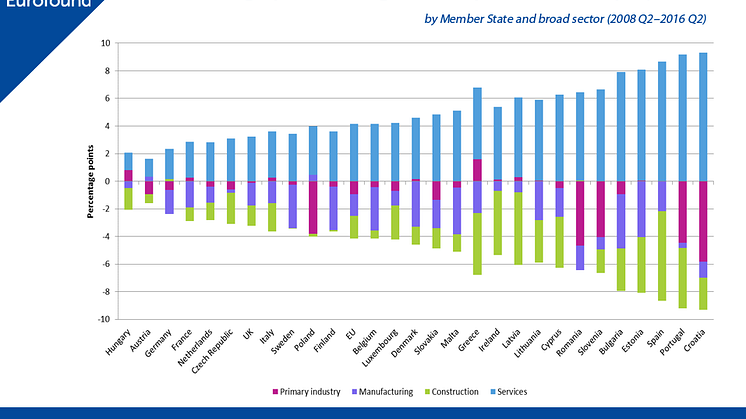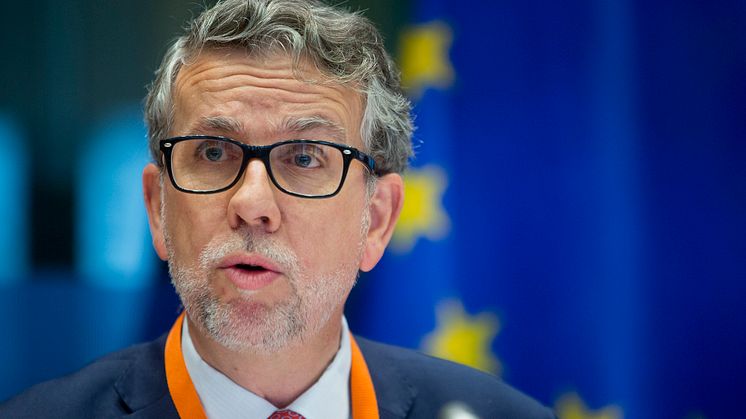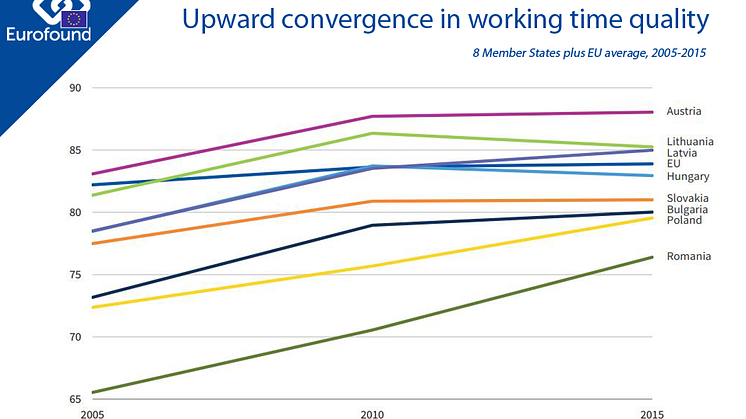
News -
The quest for convergence
As the European Union recoups the losses of the crisis and seeks a sounder footing for future growth, the concept of convergence has taken centre stage in the policy discourse. But what do we mean by ‘convergence’ in the European context?
There has always been the expectation that economic union would lead to balanced development among the EU Member States. One of the aims of the founding Treaty of Rome was to reduce ‘the differences existing between the various regions and the backwardness of the less favoured regions’. Convergence was conceived mainly in economic terms, and it was assumed that social convergence would unfold as a corollary. That assumption was not mistaken: EU membership has led to an improvement in living standards across all Member States, although the catch-up process of less-developed new members has varied greatly, both in terms of pace and timing.
Convergence in the EU context, however, does not necessarily mean that the expectation is one of parity between Member States, which would imply faster rates of growth for those at lower levels. Its conceptualisation, as most recently expressed in the Rome Declaration of March 2017, envisages rather that Member States ‘will act together, at different paces and intensity where necessary, while moving in the same direction, as we have done in the past’.
The actual term ‘convergence’ first appeared in the Treaty on European Union (Maastricht Treaty) in 1992 in relation to the convergence – primarily in terms of monetary and fiscal indicators – required for membership of the Economic and Monetary Union (EMU). The first decade of EMU saw strong real convergence in GDP per capita and narrowing wage inequality as well as widespread convergence in living standards. The severe economic crisis, however, stalled this process of convergence.
Convergence in working conditions has been variable. The clearest sustained upward convergence, in terms of overall improvement among Member States with less favourable conditions, has been in working time quality. In eight countries, working time quality improved over a decade, despite the crisis, seven of them eastern European countries that acceded to the EU in 2004.
- Read more about monitoring convergence in the European Union: Living and working in Europe 2017



